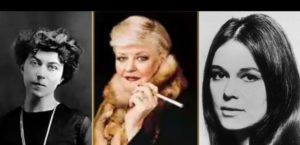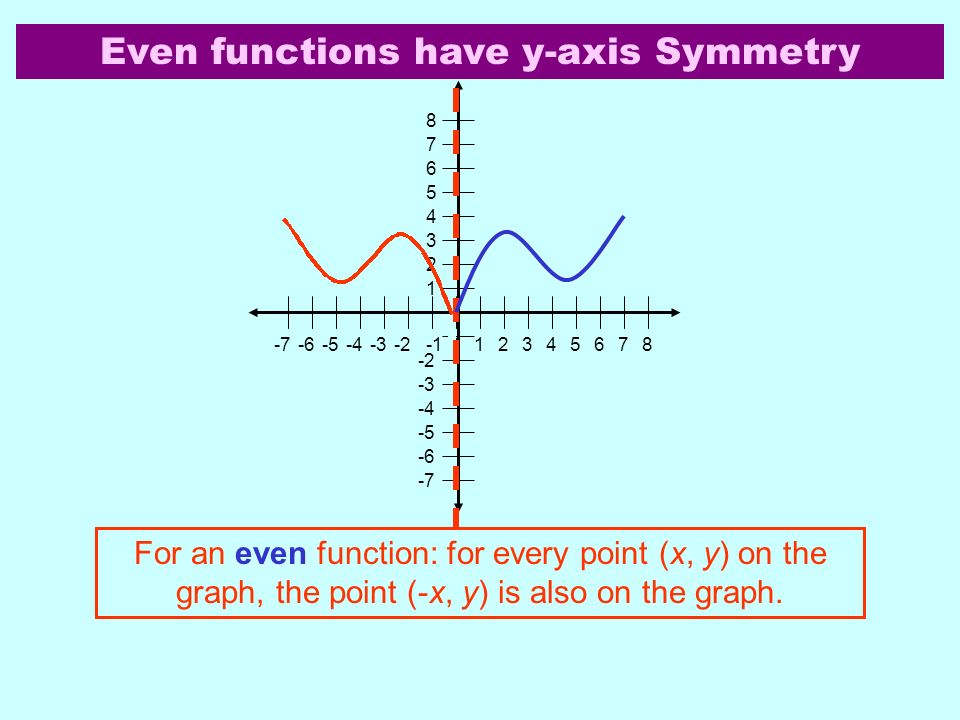(*) The title is barrowed from the book of Todd McGowan, “Enjoying what we don’t have – The political project of psychoanalysis“, University of Nebraska Press, 2013.

(Sendika.org’da Türkçe’sini okumak için tıkla)
How does the symbolization of a lack turns into fun? To understand this mechanism, I will proceed under the guidance of the articles of Professor Slavoj Zizek’s “Ego Ideal and the Superego, Lacan as a Viewer of Casablanca” and Owen Hewitson’s “What Does Lacan Say About … Jouissance?”
The ideal ego is the way the subject (small other) desires to be perceived by Other, thus, it is ‘imaginary’. Ego Ideal, by contrast, is the subject’s self-positionning into societal rules, thus, it’s “symbolic”. The superego is distinguished from Ego Ideal as its back-face, evil twin: it judges, “stigmatizes” the subject by its inadequacy to conform law. It mocks, have fun with it. Here reveals the paradoxical formula that connects ‘jouissance’ to ‘obscene’: The more Subject tends to comply, the more it becomes subject to get judged and stigmatized – and this duality of opposite agencies (Ego Ideal versus the superego) become eventually trapped into a swirl of self-perpetuating ‘obscene jouissance’. Continue reading “Enjoying what we don’t have* – Engin Kurtay”


